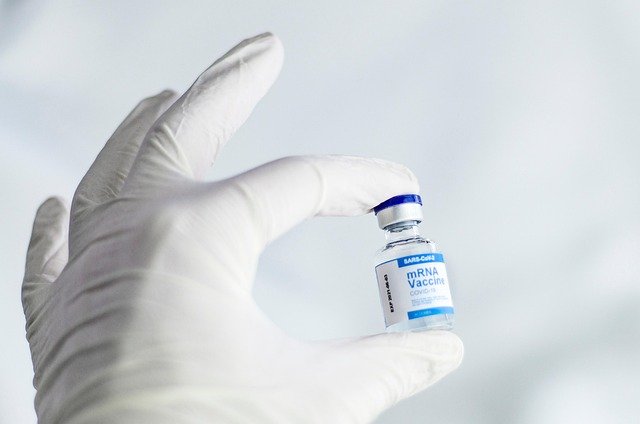The Job That Saves Lives Without a Medical Degree
Hospital cleaners play a crucial role in maintaining safe and hygienic healthcare environments. This article explores the importance of hospital cleaning jobs, their responsibilities, and what to expect when considering this career path. Hospital cleaning jobs, also known as hospital janitorial positions, involve maintaining cleanliness and hygiene in healthcare facilities. These roles are essential for preventing the spread of infections and ensuring a safe environment for patients, staff, and visitors. Hospital cleaners work in various areas, including patient rooms, operating theaters, laboratories, and public spaces.

What responsibilities do hospital cleaners have?
Hospital cleaners have a wide range of duties that contribute to the overall safety and cleanliness of healthcare facilities:
-
Regular cleaning and disinfection of surfaces
-
Proper disposal of medical waste
-
Maintaining cleanliness in patient rooms and common areas
-
Cleaning and sanitizing bathrooms and other high-touch areas
-
Following strict infection control protocols
-
Reporting maintenance issues or safety hazards
These responsibilities require attention to detail, physical stamina, and a commitment to maintaining high standards of cleanliness.
What qualifications are needed for hospital cleaning jobs?
While hospital cleaning jobs typically don’t require a medical degree, there are certain qualifications and skills that can be beneficial:
-
High school diploma or equivalent
-
Previous experience in cleaning or janitorial work (preferred but not always required)
-
Knowledge of proper cleaning techniques and safety protocols
-
Physical ability to perform cleaning tasks and lift moderate weights
-
Strong attention to detail and ability to follow instructions carefully
-
Good communication skills and ability to work as part of a team
Many hospitals provide on-the-job training for new hires, covering specific cleaning procedures, safety protocols, and the use of specialized equipment.
What are the career prospects for hospital cleaners?
Hospital cleaning jobs can offer stable employment opportunities and potential for career growth. With experience and additional training, hospital cleaners may advance to supervisory roles or specialize in areas such as operating room cleaning. Some may also transition to other healthcare support positions with additional education.
What is the typical salary range for hospital cleaning jobs?
Salaries for hospital cleaning jobs can vary based on factors such as location, experience, and the specific healthcare facility. While it’s important to research current salary information for your area, general estimates can provide a starting point for understanding potential earnings.
| Position | Estimated Salary Range (USD) |
|---|---|
| Entry-level Hospital Cleaner | $25,000 - $30,000 per year |
| Experienced Hospital Cleaner | $30,000 - $40,000 per year |
| Lead Hospital Cleaner/Supervisor | $35,000 - $50,000 per year |
Prices, rates, or cost estimates mentioned in this article are based on the latest available information but may change over time. Independent research is advised before making financial decisions.
How can individuals learn more about hospital cleaning opportunities?
For those interested in exploring hospital cleaning jobs, there are several steps to take:
-
Research local healthcare facilities and their career pages
-
Check job boards and employment websites for listings
-
Contact healthcare staffing agencies that may specialize in support roles
-
Attend job fairs or career events in the healthcare industry
-
Consider volunteering at hospitals to gain experience and network
It’s important to note that while this article provides general information about hospital cleaning jobs, it does not offer specific job listings or guarantee employment opportunities. Job seekers should conduct their own research and contact potential employers directly for current openings and application procedures.
In conclusion, hospital cleaning jobs offer an important way to contribute to healthcare without requiring a medical degree. These roles are vital for maintaining safe and hygienic environments in healthcare facilities. While challenging, they can provide stable employment and potential for career growth within the healthcare industry.




